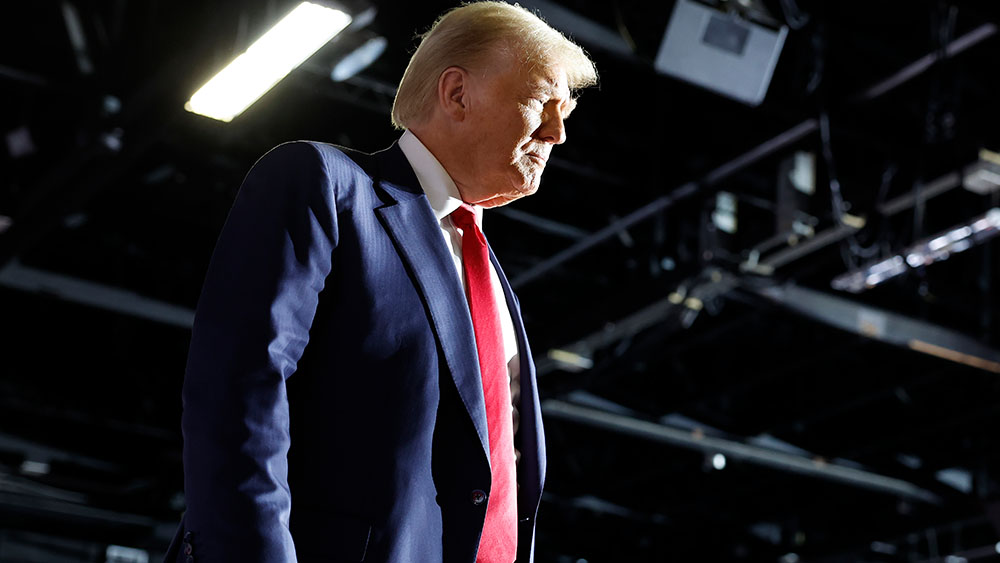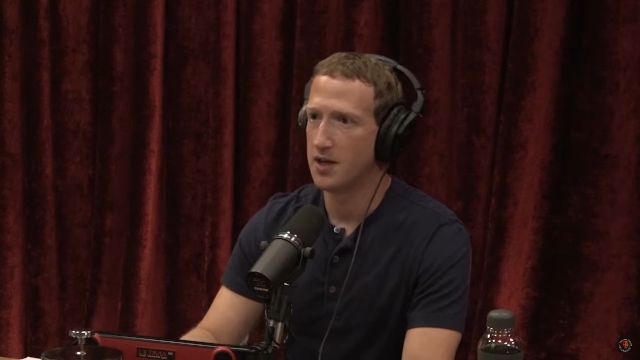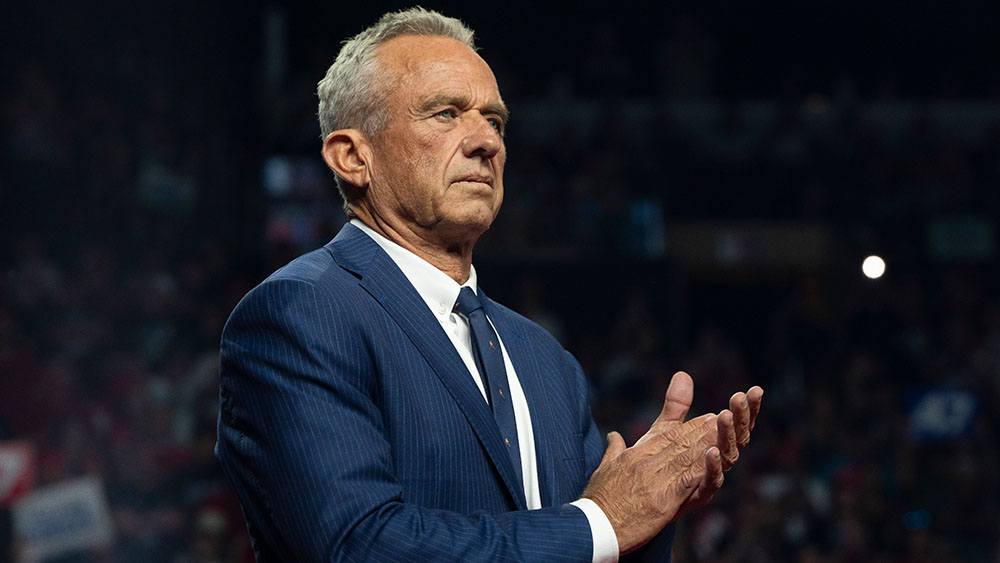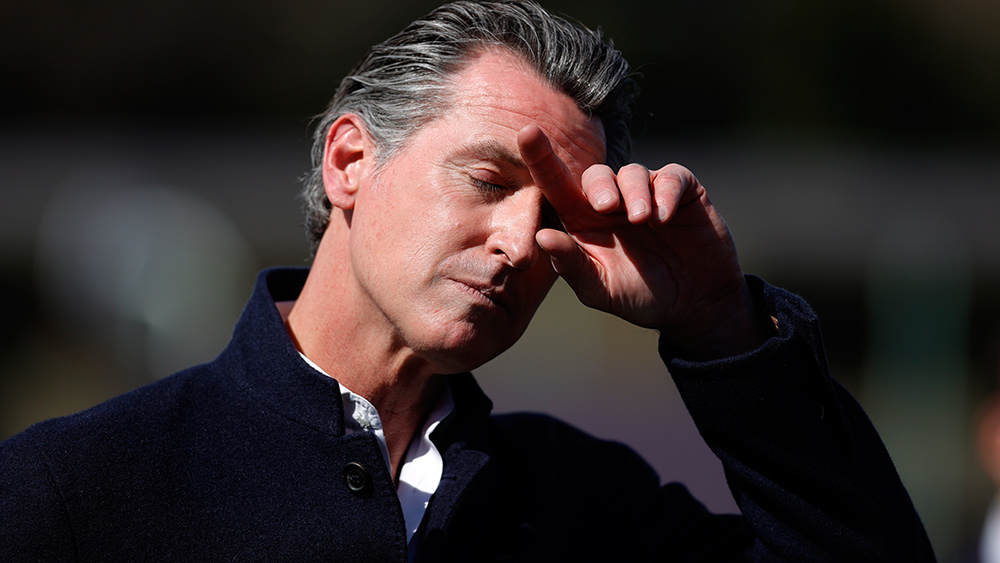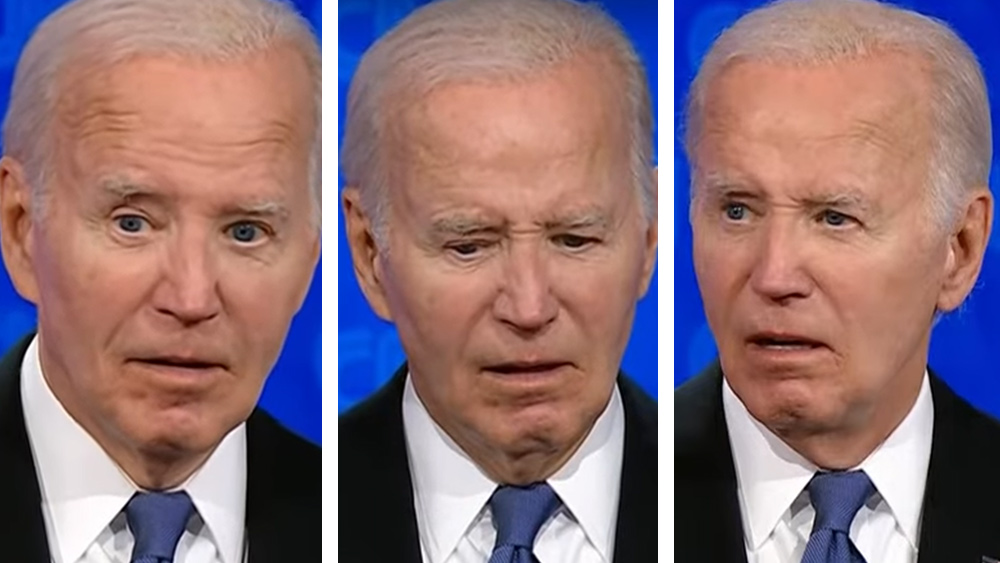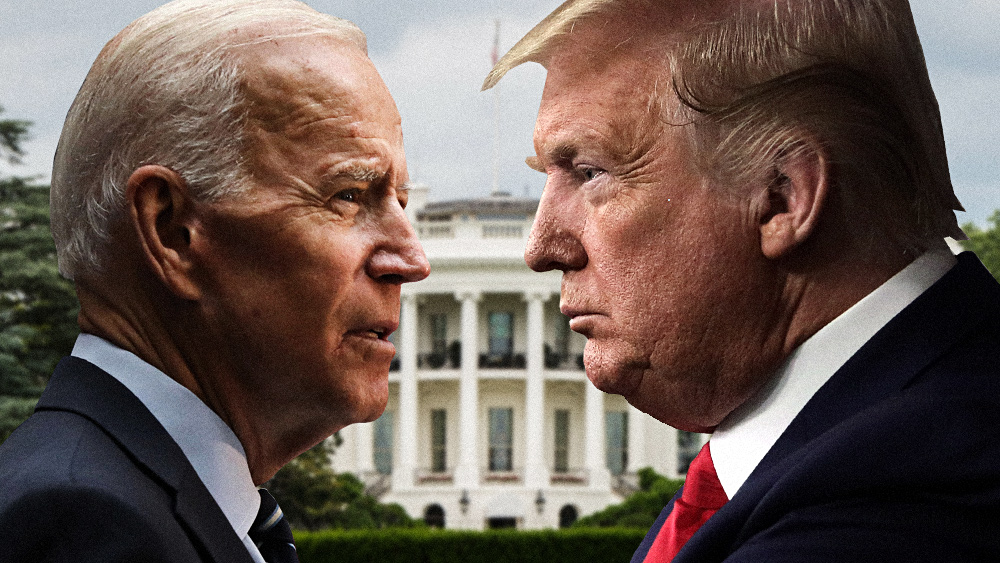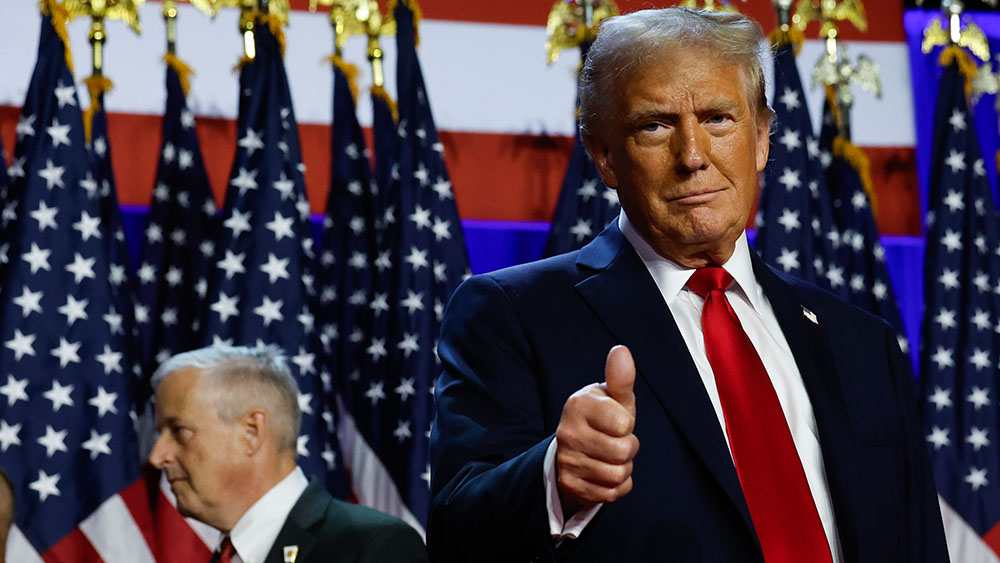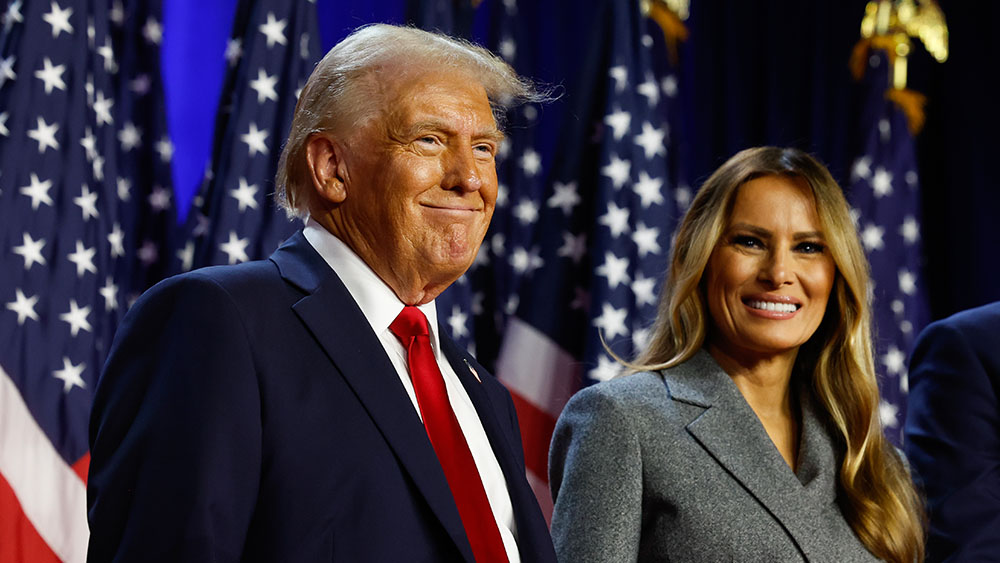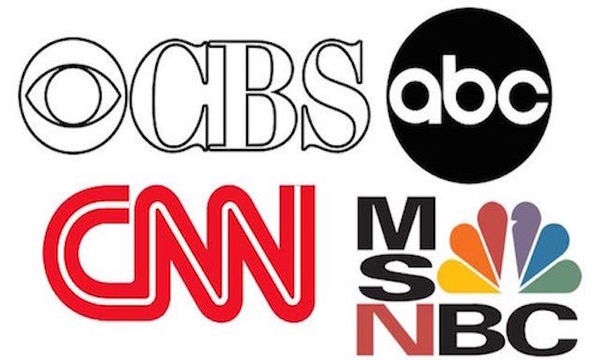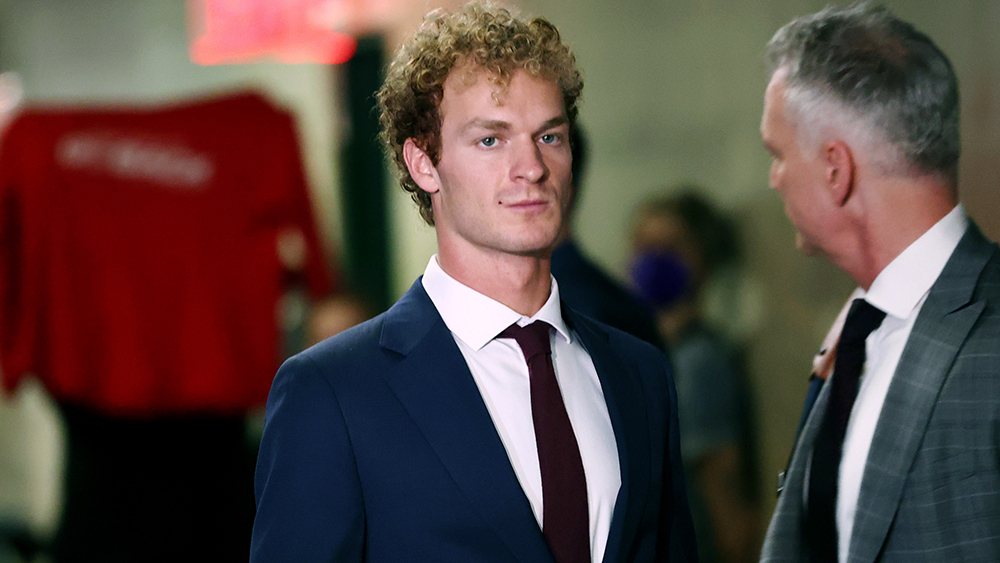Media’s failed smear campaign against Trump cabinet nominees highlights declining influence
01/14/2025 / By Willow Tohi
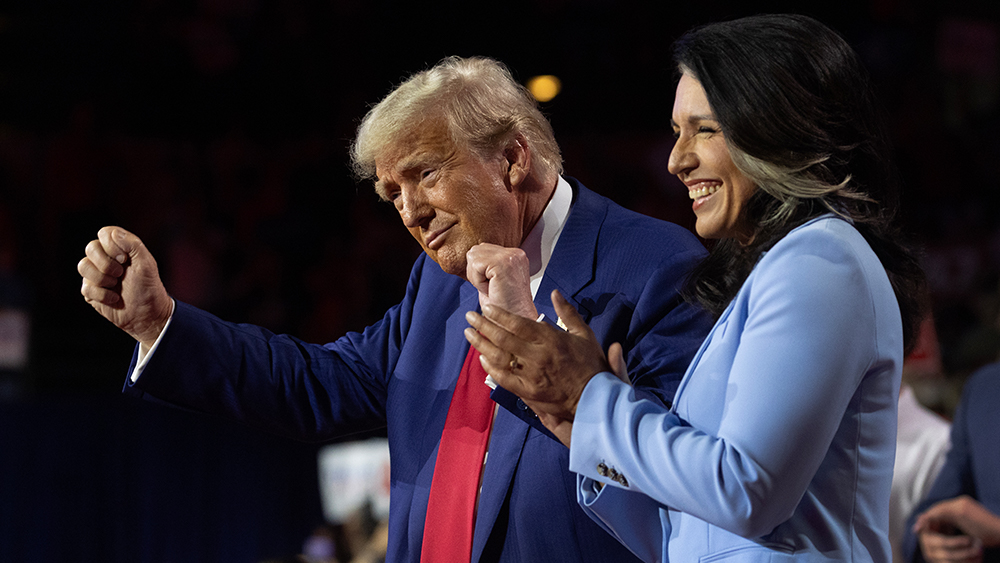
- President-elect Trump’s cabinet nominees have faced relentless criticism from the media, but their efforts have largely failed to sway public opinion.
- Tulsi Gabbard, nominated for director of national intelligence, has been criticized for meeting with Syrian President Assad in 2017, despite her extensive military and legislative experience.
- Media outlets have also attacked other nominees like Pete Hegseth and Kash Patel, relying on anonymous sources or biased critics to undermine their qualifications.
- Republican senators have not voiced opposition to Trump’s nominees, indicating a disconnect between media narratives and political reality.
- The media’s declining influence is reflected in the rise of alternative news sources, as the public turns to platforms like podcasts and social media for information.
As President-elect Donald Trump prepares to take office, his cabinet nominees have become the latest targets of a media establishment increasingly seen as out of touch and irrelevant. Despite relentless attempts to discredit Trump’s picks – ranging from unsubstantiated allegations to recycled accusations – the legacy media’s efforts have largely fallen flat, underscoring their waning influence in shaping public opinion.
At the center of the storm is Tulsi Gabbard, Trump’s nominee for director of national intelligence. A four-term Democratic congresswoman, Iraq War veteran, and lieutenant colonel in the U.S. Army Reserve, Gabbard’s credentials are unimpeachable. Yet, her nomination has been met with a barrage of criticism, much of it rooted in old grievances and thinly veiled political bias.
Digging deep for something negative to say
Media outlets have dredged up Gabbard’s 2017 meeting with Syrian President Bashar al-Assad, framing it as evidence of questionable loyalties. “Syria is now free from Assad. And this Trump nominee has some explaining to do,” declared USA Today. The Bulwark went further, asking, “Is She a Russian Asset or a Dupe?” Meanwhile, The Washington Post highlighted her past interactions with Assad, ignoring the fact that other prominent U.S. politicians, including former House Speaker Nancy Pelosi, have also met with the Syrian leader.
“What’s that you say? Gabbard, as a U.S. congresswoman on the House Armed Services Committee, met with a foreign leader more than seven years ago?” wrote Joe Concha in The National Pulse. “You know who else met with Assad years ago? Nancy Pelosi. Is she a Russian asset or a dupe too?”
Gabbard’s military service and legislative experience have been overshadowed by these attacks. A combat medic in Iraq, she was the first woman to enter a Kuwaiti military facility and the first female to receive an award of appreciation from the Kuwaiti military. Her work on the House Armed Services, Foreign Affairs, and Homeland Security Committees aligns directly with the responsibilities of the director of national intelligence.
Yet, critics have dismissed her as “unqualified,” ignoring her unique perspective as a combat veteran who has witnessed the human cost of flawed intelligence and endless wars. “Her critics have dismissed her as ‘unqualified,’ conveniently ignoring her military experience and legislative record,” wrote Rishi Kumar in an opinion piece. “The establishment opposition is unsurprising, given Gabbard’s vocal criticism of the military-industrial complex.”
These crybullies don’t like anyone Trump likes, just because he likes them
The media’s smear campaign extends beyond Gabbard. Pete Hegseth, Trump’s nominee for defense secretary, has faced allegations of unprofessional behavior, including claims that he showed up to co-host a Fox News show with alcohol on his breath. These accusations, however, rely entirely on anonymous sources. Co-workers who have gone on the record, including Will Cain and Rachel Campos-Duffy, have denied the allegations, noting that NBC News never reached out to them for comment.
“If you’re a journalist looking to confirm this story, wouldn’t those closest to Hegseth at the network be the first place you’d go?” Concha asked.
Similarly, FBI director-designate Kash Patel has been labeled a “dangerous conspiracy theorist” for arguing that agencies like the FBI have been politicized and weaponized. CNN turned to Andrew McCabe, a former FBI official fired for leaking to the press and lying about it, to critique Patel’s qualifications.
“It’s a terrible development for the men and women of the FBI and also for the nation that depends on a highly functioning professional independent Federal Bureau of Investigation,” McCabe said. “The fact that Kash Patel is profoundly unqualified for this job is not even, like, a matter for debate.”
McCabe’s own checkered history raises questions about his credibility as a critic. Yet, his appearance on CNN reflects a broader pattern of media bias and selective outrage.
The mainstream media forgot their role
Despite these attacks, Trump’s nominees appear poised for confirmation. Not a single Republican senator has voiced opposition to Gabbard, Hegseth, or Patel. This disconnect between media narratives and political reality highlights the legacy media’s declining influence.
“The mainstream has become fringe and the fringe has become mainstream,” CNN’s Van Jones recently lamented. “There are platforms, there are people out there that are getting 14 million streams and we’re on cable news getting 1 to 2 million.”
The 2024 election further underscores this shift. Despite overwhelmingly positive coverage for Vice President Kamala Harris — 78% positive across major networks, according to the Media Research Center – Trump won the popular vote and every swing state.
As the media continues to push anti-Trump narratives, their failure to sway public opinion raises questions about their relevance in a rapidly changing media landscape. Podcasts, streaming platforms and free speech platforms like Elon Musk’s X now dominate, leaving legacy media struggling to maintain their footing.
“Now they want to smear Trump’s cabinet picks into rejection,” Concha wrote. “If recent history tells us anything, they’ll fail on this front too. Because after all the bias and all the lies, almost no one is listening anymore.”
In the end, the media’s failed smear campaign against Trump’s cabinet nominees may serve as a stark reminder of their diminished role in shaping the national conversation. As the public increasingly turns to alternative sources for news, the legacy media’s influence continues to wane, leaving their once-powerful narratives to fall on deaf ears.
Sources include:
Submit a correction >>
Tagged Under:
awakening, biased, big government, cabinet nominees, Crybullies, deep state, fake news, mainstream media, news cartels, news parody, progress, propaganda, smeared, Trump, Tulsi Gabbard, White House
This article may contain statements that reflect the opinion of the author
RECENT NEWS & ARTICLES
COPYRIGHT © 2017 SMEARED NEWS

